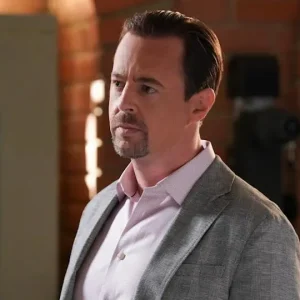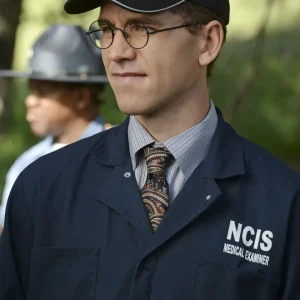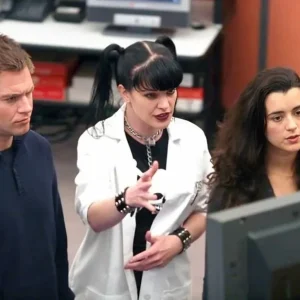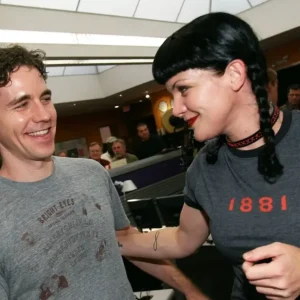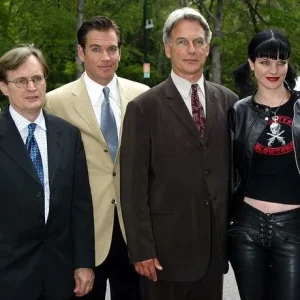The cabin hummed with the usual pre-flight bustle—overhead bins snapping shut, passengers shuffling to their seats, flight attendants making final checks. Then came the request no one expected to hear. “Sir, would you mind moving to the back? We need to seat a family together.” The elderly man in the faded military jacket simply nodded, gathered his weathered duffel, and made the long walk to row 32 without complaint. His quiet dignity went largely unnoticed in the morning rush.
Nine minutes past scheduled departure, an unusual stillness settled over the aircraft. The cockpit door suddenly opened, drawing every eye as the captain strode purposefully down the aisle. The collective breath of the cabin caught when he stopped before the relocated veteran and snapped a perfect salute. “This man served our country,” his voice carried clearly through the silent plane. “He shouldn’t be the one giving up his seat.” The moment hung suspended—part reprimand, part tribute—before thunderous applause broke out.
As the veteran was escorted back to his original seat, the delayed flight suddenly didn’t matter anymore. Passengers exchanged sheepish glances, the family who’d taken his place offering sincere apologies. But the most profound transformation wasn’t in seating arrangements—it was in the collective conscience of everyone aboard. That morning, a simple act of respect at 30,000 feet became a reminder that true leadership isn’t about rank or position, but about recognizing the quiet heroes among us.
